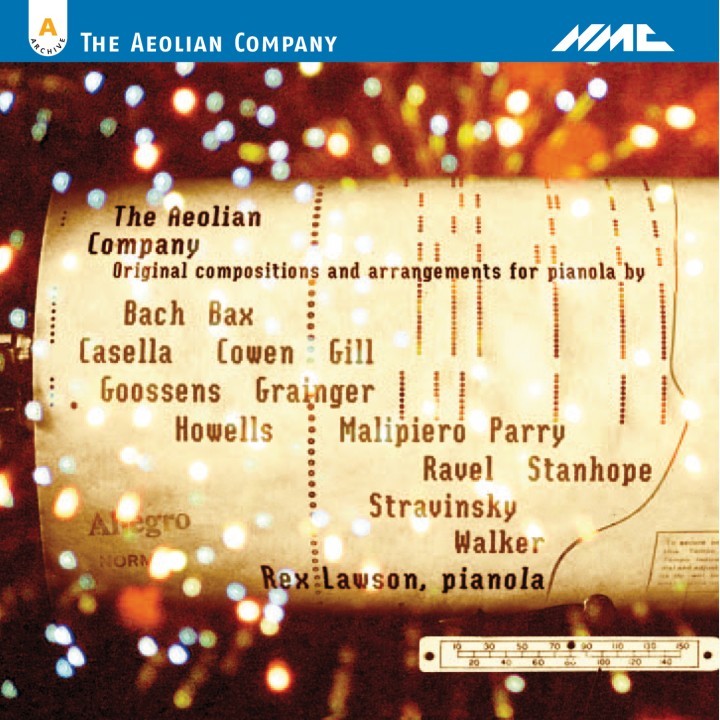Harry Gill
Harry Gill grew up in Harrogate where in 1913 he began studies with Ernest Farrar. Gill's friend, the poet H.P. Dixon (1898-1973) was a fellow pupil and in the following year the 13-year-old Finzi joined their ranks. In May 1916 Gill was called up; later that year Farrar too joined the army.
Unlike his teacher, Gill survived the war, and after demobilization decided to pursue a career in the civil service, leaving music as his hobby. During the next 30 years several of his songs were published and performed widely. His best-known song In memoriam, a tribute to Farrar setting Dixon's words, was published by Oxford University Press in 1939 as the first of a group of three songs. It was this song that Finzi so admired and which was included on the Hyperion record anthology Songs by Finzi and his Friends. 50 years ago Gill's piano piece, Variations and Fugue on Brigg Fair, was broadcast by the BBC from Manchester. Harry Gill recalled that it was played 'by a pianist named Whitaker. He was a friend of Delius, who intended to listen, but when the time came he was on his deathbed'.
© Andrew Burn
Harry Gill grew up in Harrogate where in 1913 he began studies with Ernest Farrar. Gill's friend, the poet H.P. Dixon (1898-1973) was a fellow pupil and in the following year the 13-year-old Finzi joined their ranks. In May 1916 Gill was called up; later that year Farrar too joined the army.
Unlike his teacher, Gill survived the war, and after demobilization decided to pursue a career in the civil service, leaving music as his hobby. During the next 30 years several of his songs were published and performed widely. His best-known song In memoriam, a tribute to Farrar setting Dixon's words, was published by Oxford University Press in 1939 as the first of a group of three songs. It was this song that Finzi so admired and which was included on the Hyperion record anthology Songs by Finzi and his Friends. 50 years ago Gill's piano piece, Variations and Fugue on Brigg Fair, was broadcast by the BBC from Manchester. Harry Gill recalled that it was played 'by a pianist named Whitaker. He was a friend of Delius, who intended to listen, but when the time came he was on his deathbed'.
© Andrew Burn
Compilations with this composer
CompilationsRelated composers
Related composersExternal Links
Music Map
Discover more about the classical music of today with NMC's Music Map, and exciting and educational online tool which enables you to see and hear the connections between composers, their teachers, pupils, influences and their works.
Music Map

